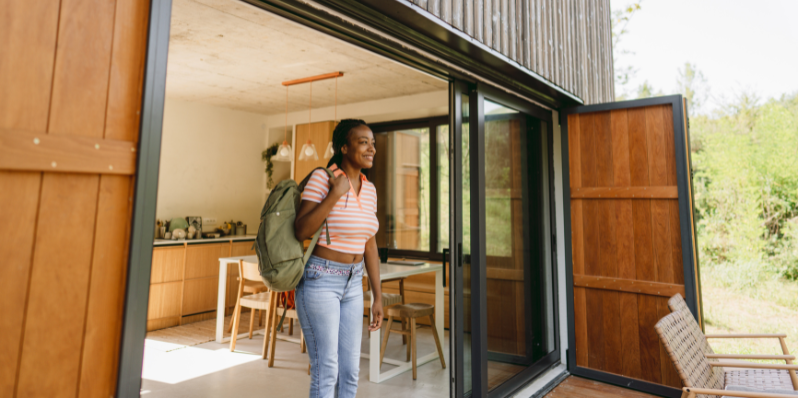Owning a rental property can be lucrative, especially in areas with a high student population. However, managing a student rental comes with its own set of challenges. From turnover rates to property maintenance, navigating the world of student rentals requires careful planning and consideration. If you’re a first-time landlord venturing into this market, here are some essential tips to help you manage your student rental effectively.
Understand the Student Market
Before entering the world of student rentals, it is crucial to understand the dynamics of your area’s student market. Research local universities and colleges to gauge enrollment numbers, housing demand, and rental trends. Consider factors such as proximity to campus, public transportation options, and amenities preferred by students. Understanding the needs and preferences of your target demographic will help you make informed decisions about your rental property.
Set Clear Expectations
Communication is key when renting to students. From the beginning, set clear expectations regarding rent, lease terms, maintenance responsibilities, and house rules. Provide a detailed lease agreement that outlines these expectations to avoid misunderstandings later on. Clearly define noise, guests, and property upkeep policies to maintain a harmonious living environment for tenants and neighbours.
Screen Tenants Carefully
While filling vacancies quickly is essential, it’s equally important to screen tenants thoroughly to ensure they are responsible and reliable. Prospective tenants must provide references, proof of income or guarantors and undergo a background check. Look for red flags, such as a history of late payments or property damage. Choosing the right tenants can save you a lot of headaches down the line.
Implement a Maintenance Plan
Regular maintenance is essential to keep your rental property in good condition and prevent minor issues from becoming significant. Create a maintenance plan that includes regular inspections, routine repairs, and emergency protocols. Address maintenance requests promptly to show tenants you value their comfort and safety. Consider hiring a reliable maintenance team or contractors to handle repairs efficiently.
Foster Community
Building community among your tenants can lead to higher tenant satisfaction and lower turnover rates. Organize social events or activities to encourage interaction among residents. Consider creating communal spaces where tenants can gather, such as a standard room or outdoor patio. Fostering a supportive and friendly atmosphere can help create a positive living experience for your tenants.
Be Prepared for Turnover
Student rentals often experience high turnover rates due to academic schedules and graduation. Be prepared for vacancies by implementing a proactive marketing strategy to attract new tenants. Start advertising your property well before the lease ends to minimize vacancy periods. Consider offering incentives such as discounted rent for signing longer leases or referral bonuses for current tenants.
Stay Informed and Flexible
The rental market, especially in student-oriented areas, can be dynamic and subject to seasonal fluctuations. Stay informed about market trends, local regulations, and changes in student demographics. Remain flexible and willing to adapt your approach to meet the evolving needs of your tenants and the market.
Managing a student rental property can be rewarding with the right approach and preparation. By understanding the student market, setting clear expectations, screening tenants carefully, implementing a maintenance plan, fostering community, preparing for turnover, and staying informed, first-time landlords can successfully navigate the challenges of student rentals. Your student rental property can become valuable for years with diligence and proactive management.
Ready to embark on your journey as a student landlord? Contact us!


